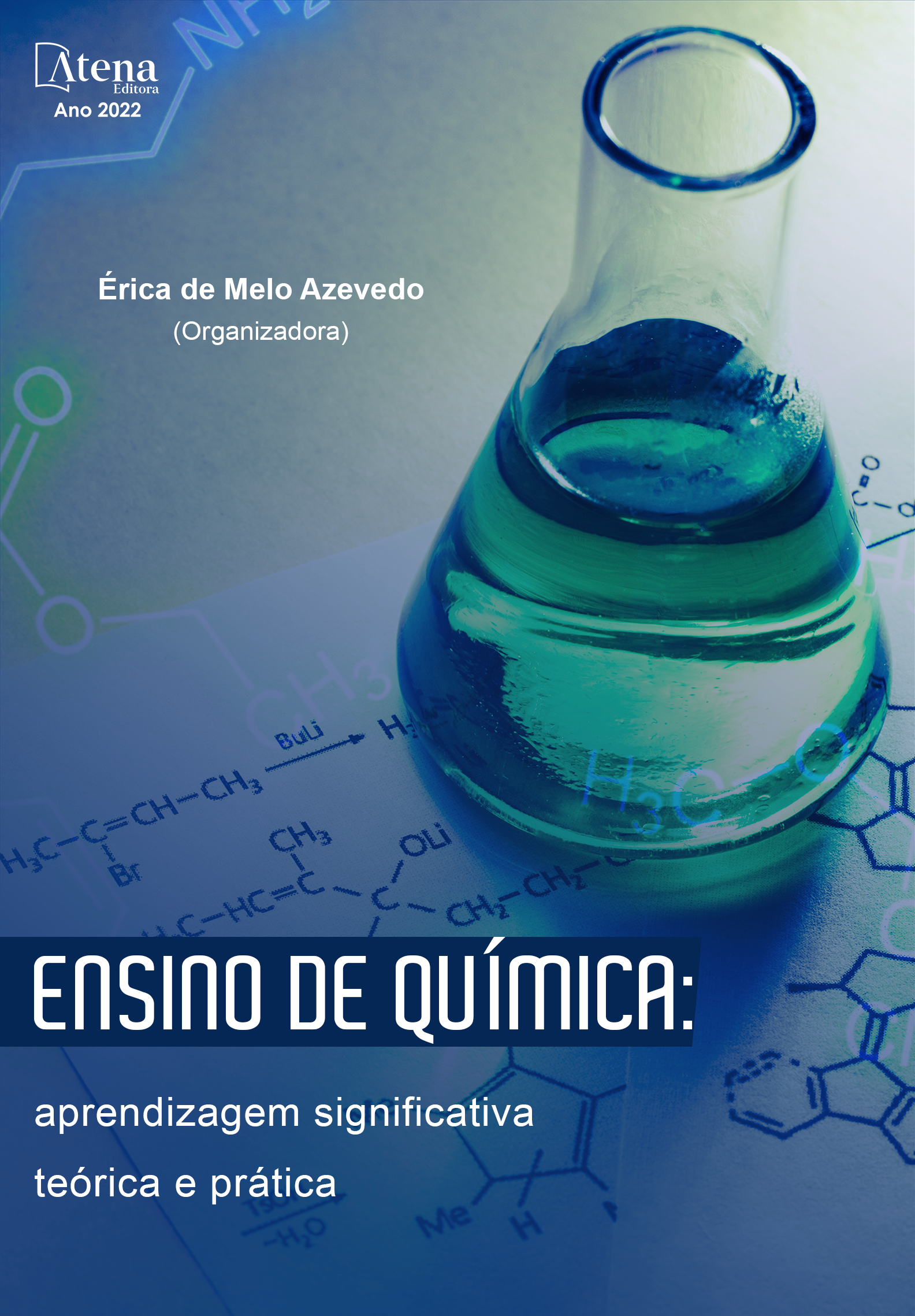
A AULA INVESTIGATIVA COMO PROPOSTA ALTERNATIVA NO ENSINO SUPERIOR DE QUÍMICA
O presente trabalho é reflexo de uma pesquisa realizada com os docentes e estudantes, nas aulas de química no Ensino Superior, em atividades experimentais envolvendo o processo investigativo. Como proposta buscou-se construir uma curva de titulação, por meio da análise das mudanças de cores, em que se utilizou o experimento investigativo caracterizado pela etapa inicial da problematização, a realização do experimento e, por sua vez, o diálogo após o experimento. A pesquisa, desta forma, se estruturou como qualitativa, com vistas à descrição das etapas experimentais envolvidas. Constatamos que a problematização ficou principalmente a cargo do docente e os estudantes eram mais participativos quando estimulados por ele. No decorrer do experimento houve o levantamento de hipóteses que foram verificadas por meio do diálogo que proporcionou diversos momentos de retomada das etapas envolvidas na investigação realizada. Assim sendo, o procedimento realizado demonstrou ser uma proposta alternativa promissora aos métodos tradicionalistas desempenhados nos laboratórios de ensino a nível superior.
A AULA INVESTIGATIVA COMO PROPOSTA ALTERNATIVA NO ENSINO SUPERIOR DE QUÍMICA
-
DOI: 10.22533/at.ed.0362208073
-
Palavras-chave: ensino superior; química; aula investigativa
-
Keywords: higher education; chemistry; investigative class.
-
Abstract:
The present work is a reflection of a research carried out with the teacher and students, in chemistry classes in Higher Education, in experimental activities involving the investigative process. As a proposal, we sought to build a titration curve, through the analysis of color changes, in which the investigate experiment was used, characterized by the initial stage of problematization, the realization of the experiment and, in turn, the dialogue after the experiment. The research, therefore, was structured as qualitative, with a view to describing the experimental stages involved. We found that the problematization was mainly the responsibility of the professor and the students were more participatory when stimulated by him. During the experiment there was a survey of hypotheses that were verified through the dialogue that provided several moments of resumption of the steps involved in the investigation carried out. Therefore, the procedure performed proved to be a promising alternative proposal to the traditionalist methods performed in higher education laboratories.
-
Número de páginas: 12
- Rafael Martins Mendes
- Olenir Maria Mendes
- Fabio Augusto do Amaral
- Cleiseano Emanuel da Silva Paniagua


